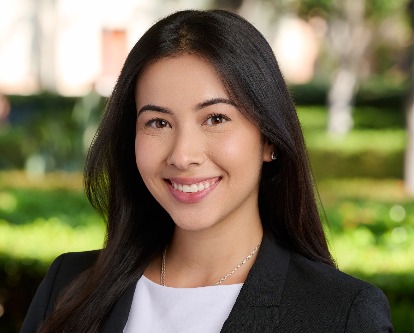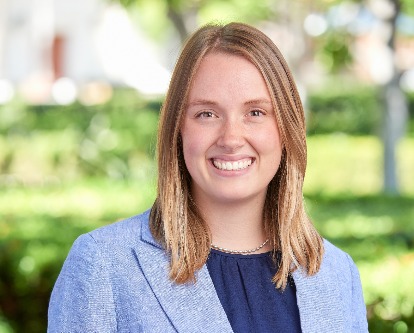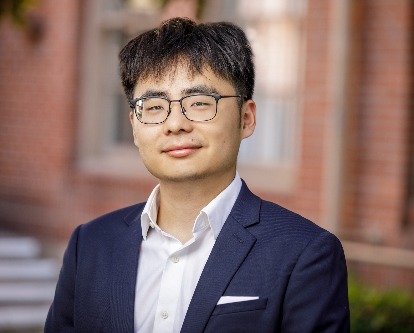Organizational Behavior
Organizational behavior is the study of how individuals, groups, and organizations interact with each other. Scholars in this area research topics like motivation, hierarchy, leadership, ethics, creativity, decision-making, social identity, influence, negotiations, job satisfaction, and group effectiveness. The field draws heavily from social psychology and industrial/organizational psychology to examine these issues. In short, people doing research in organizational behavior examine how people and organizations can flourish and overcome the barriers they may face. Organizational behavior research is designed to achieve goals that include improving job performance, boosting job satisfaction, fostering creativity and innovation, promoting ethical behavior, creating a positive work environment, and making work environments more inclusive. To apply to this program, submit your application to the “Organizational Behavior Track.”




